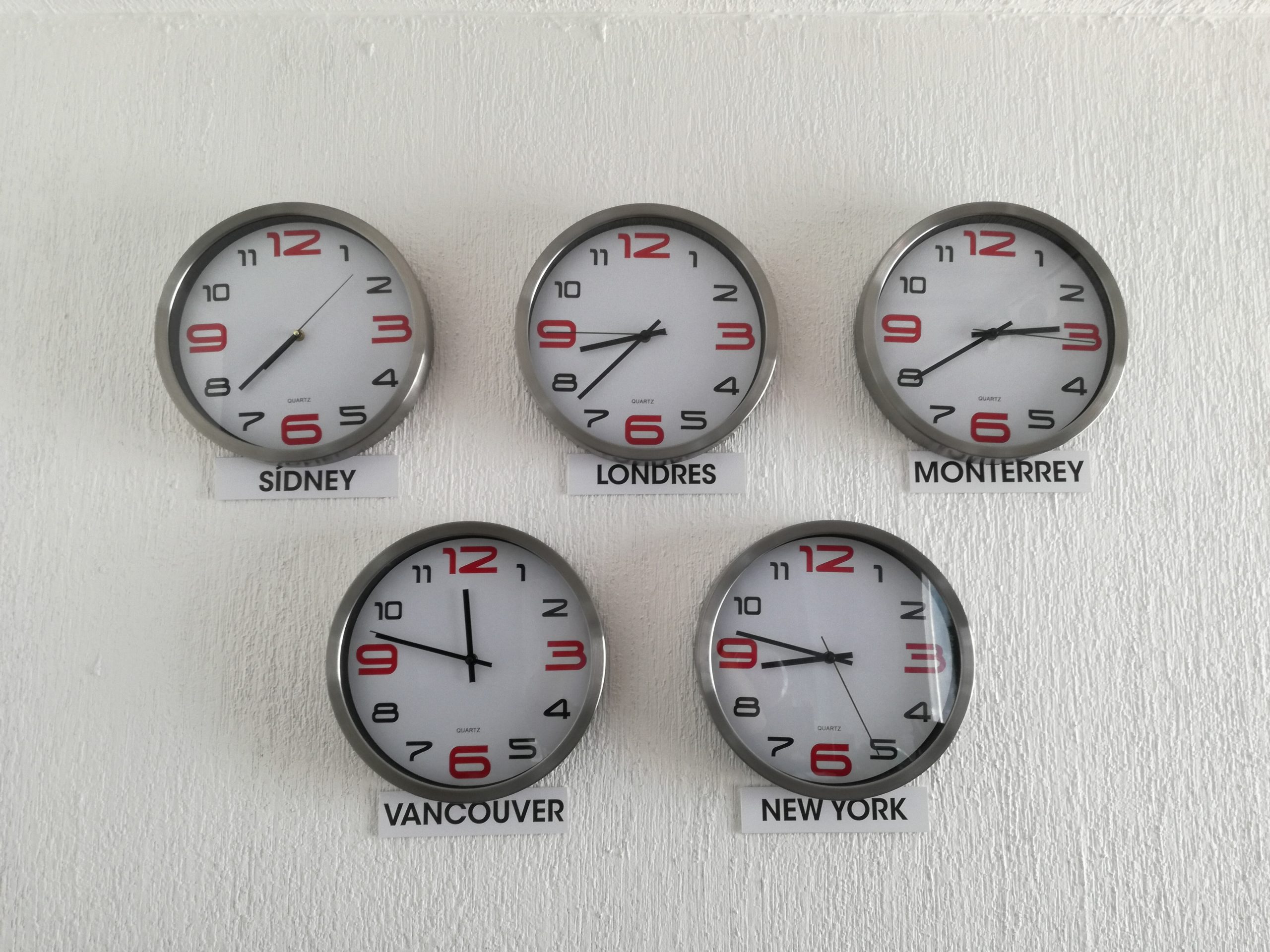In the rapidly evolving landscape of tech talent acquisition, geographical boundaries are no longer insurmountable barriers when it comes to finding the best professionals for your team. With the advent of remote work and the availability of talent from diverse regions, businesses now have the world at their fingertips. Latin America (LATAM), in particular, has emerged as a promising hub for remote tech talent.
This blog post will delve deep into the strategies, best practices, and time-tested tactics for interviewing and assessing remote tech talent from LATAM, enabling you to identify the perfect fit for your team and drive your organization’s success to new heights.
Why Look to LATAM for Remote Tech Talent?
Latin America boasts a rapidly growing tech community with a reputation for producing skilled developers, engineers, and IT professionals. Countries such as Brazil, Mexico, Colombia, and Argentina have nurtured a culture of innovation and technology adoption, making them hotspots for tech talent. Hiring remote tech talent from LATAM comes with a multitude of advantages that can significantly enhance your organization’s capabilities:
- Technical Excellence: Professionals in LATAM often possess a strong educational foundation and hands-on experience in cutting-edge technologies. This technical proficiency equips them to tackle complex challenges and contribute effectively to your projects.
- Cultural Alignment: One of the key factors that sets LATAM tech talent apart is their cultural alignment with Western practices. Additionally, English proficiency is often high, facilitating seamless integration into global teams and minimizing language barriers.
- Cost-Effective Solution: Hiring remote tech talent from LATAM can be a cost-effective solution. The lower cost of living in many LATAM countries translates to competitive salaries, providing value without compromising on skills.
- Time Zone Compatibility: Collaboration across different time zones can be a logistical challenge, but many LATAM countries share time zones with North America. This alignment streamlines communication and facilitates real-time collaboration.
Proven Strategies for Effective Interviewing and Assessment
- Craft Targeted Job Descriptions: The foundation of successful hiring lies in crafting job descriptions that resonate with LATAM tech professionals. Highlight the unique benefits of remote work, emphasize your company’s values, and underscore the potential for career growth.
- Leverage Local Job Boards and Communities: To cast a wider net, post your job listings on prominent LATAM job boards and tech communities. This approach allows you to tap into an engaged audience of potential candidates who are actively seeking opportunities.
- Screen Resumes Strategically: In the initial screening phase, pay meticulous attention to candidates’ technical skills, relevant experience, and remote work history. Look for projects and technologies that align with your organization’s needs.
- Technical Assessment: Incorporate technical assessments that align with the specific requirements of the role. Coding challenges, problem-solving exercises, or technical quizzes can help you gauge candidates’ practical skills.
- Conduct Behavioral Interviews: Conducting behavioral interviews is a valuable strategy for assessing soft skills such as communication, teamwork, adaptability, and problem-solving. Inquire about their experience with remote work and how they manage tasks across different time zones.
- Evaluate Cultural Fit: Determining cultural fit is crucial for successful collaboration in remote teams. Gauge whether the candidate’s work style, values, and communication approach align with your company’s culture and remote work environment.
- Probe Remote Work Experience: Remote work demands specific skills and habits. During interviews, delve into candidates’ remote work experiences, including their preferred communication tools, time management strategies, and approaches to collaborating with distributed teams.
- Conduct a Technical Deep Dive: For candidates who pass initial assessments, consider a technical deep dive interview. This session can explore their problem-solving abilities, architecture design skills, and familiarity with relevant technologies.
Mastering Virtual Interviews: Best Practices
- Leverage Video Interviews: Video interviews offer a comprehensive view of candidates, allowing you to assess their demeanor, professionalism, and communication skills. Additionally, video interviews offer insights into their remote work setup.
- Interactive Coding Sessions: Incorporate shared coding sessions where candidates can demonstrate their coding skills in real time. Platforms like CoderPad or LeetCode facilitate these sessions, offering a dynamic way to assess their technical abilities.
- Integrate Pair Programming: Collaborate with candidates on a coding challenge through pair programming. This approach assesses their ability to work collaboratively in a remote setting and their problem-solving strategies.
- Utilize Virtual Whiteboard Exercises: Online whiteboard tools provide a digital substitute for in-person whiteboard interviews. This tactic enables you to evaluate candidates’ approach to complex technical challenges and their communication skills.
Assessing Soft Skills for Remote Success
- Effective Communication: Communication is the cornerstone of successful remote work. Evaluate candidates’ ability to communicate clearly, express ideas succinctly, and actively engage in virtual discussions.
- Time Management Prowess: Remote work often entails coordinating across different time zones. Assess candidates’ time management skills by asking how they handle work schedules and prioritize tasks in a remote environment.
- Collaboration and Teamwork: Effective collaboration is essential for remote teams. Inquire about candidates’ experiences with remote or distributed teams, focusing on their ability to contribute to team success despite physical separation.
- Adaptability and Flexibility: Remote work environments are dynamic. Ask candidates to share instances where they quickly adapted to new tools, technologies, or methodologies, showcasing their flexibility.
Overcoming Challenges and Ensuring Remote Success
- Navigate Language Barriers: While English proficiency is often high among LATAM tech professionals, make sure to maintain clear communication channels and provide opportunities for candidates to ask questions and seek clarification.
- Cultivate Cultural Sensitivity: Diverse cultural backgrounds may impact communication and collaboration dynamics. Foster an inclusive environment that values diversity and respects varying perspectives.
- Coordinate Across Time Zones: Establish flexible work hours that accommodate time zone differences. Determine overlapping hours for crucial meetings and collaborative sessions, fostering effective real-time interaction.
- Implement a Robust Onboarding Process: An effective onboarding process is vital to integrating new remote tech hires into your company’s culture, expectations, and toolset. Provide comprehensive resources to set them up for success.
Conclusion: Forging a Strong, Remote Tech Team
In the era of remote work, embracing the wealth of tech talent available in LATAM opens doors to diverse skills and perspectives that can fuel your organization’s growth and innovation. By implementing the strategies and tactics outlined above, you can ensure that your remote tech team is not only equipped with technical prowess but also possesses the soft skills and adaptability required for remote success. As you interview and assess remote tech talent from LATAM, you’re not just building a team; you’re forging a group of professionals who transcend borders to collaborate effectively, contribute meaningfully, and drive your organization forward in the dynamic digital landscape of today.






